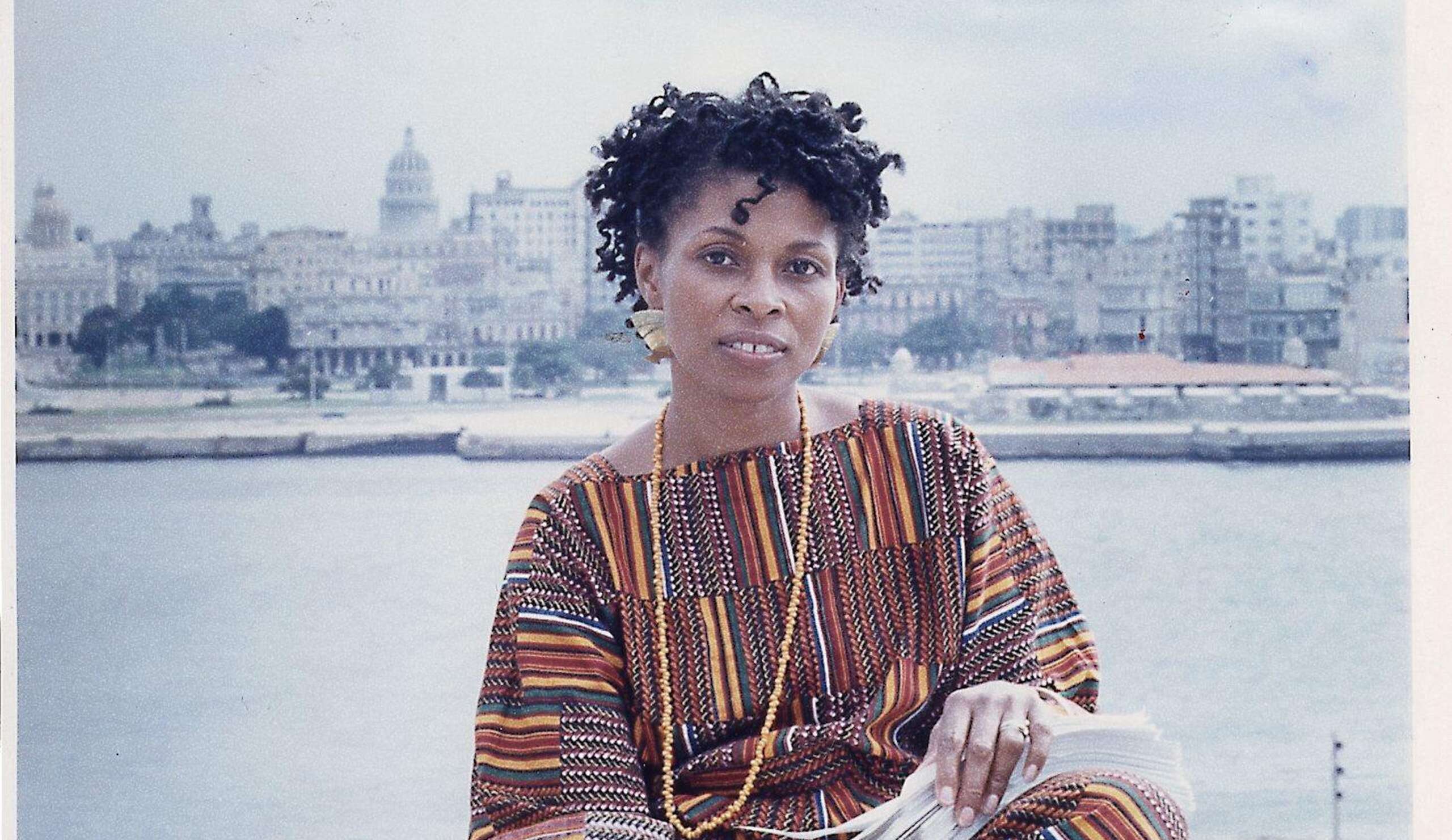
"The news was bittersweet. Bitter because Assata will never again walk among us, tell another story, or author another poem; bitter because no longer can we point to her as a living example of she who struggled for Black people with courage and dignity, she who remained steadfast in the face of such fierce opposition. But also, sweet. Sweet because although they hunted her, the forces of U.S. Empire - with all their monstrous technology, were unable to kill her,"
"The recent passing of Black Panther and Black Liberation Army leader Assata Shakur unleashed more than a sense of loss. It sparked a sense of pride in her defiance, a sense of gratitude for the movements and organizations that sustained her and a flowering of hope that the freedom she fought for could one day be real for the rest of us. The collective grief is still fresh following Assata's passing in Havana, Cuba, on September 25."
Assata Shakur died in Havana, Cuba, on September 25, prompting collective grief, pride in her defiance, and gratitude for movements and organizations that supported her. Her death intersected with a national conversation about violence and grief tied to the murder of far right activist Charlie Kirk, the ongoing genocide in Gaza, and relentless negative news about health care, education, the environment, and draconian immigration policies. Widespread outrage and growing resistance coexist with daily realities of grief, demoralization, and exhaustion. Many mourned losses that predated her death. Orisanmi Burton described the news as bittersweet, noting both the permanent absence of her voice and the persistence of her spirit despite state repression.
Read at Truthout
Unable to calculate read time
Collection
[
|
...
]